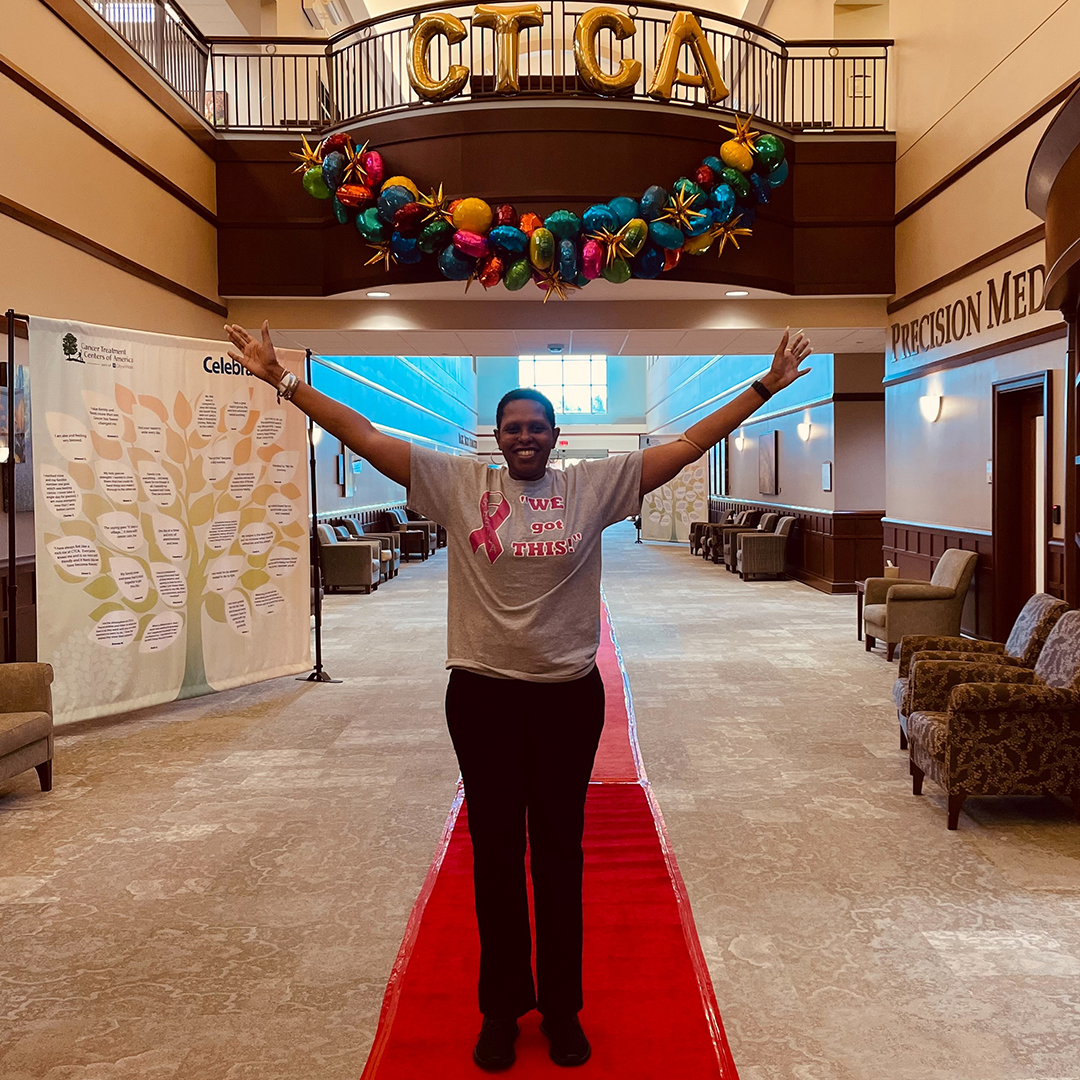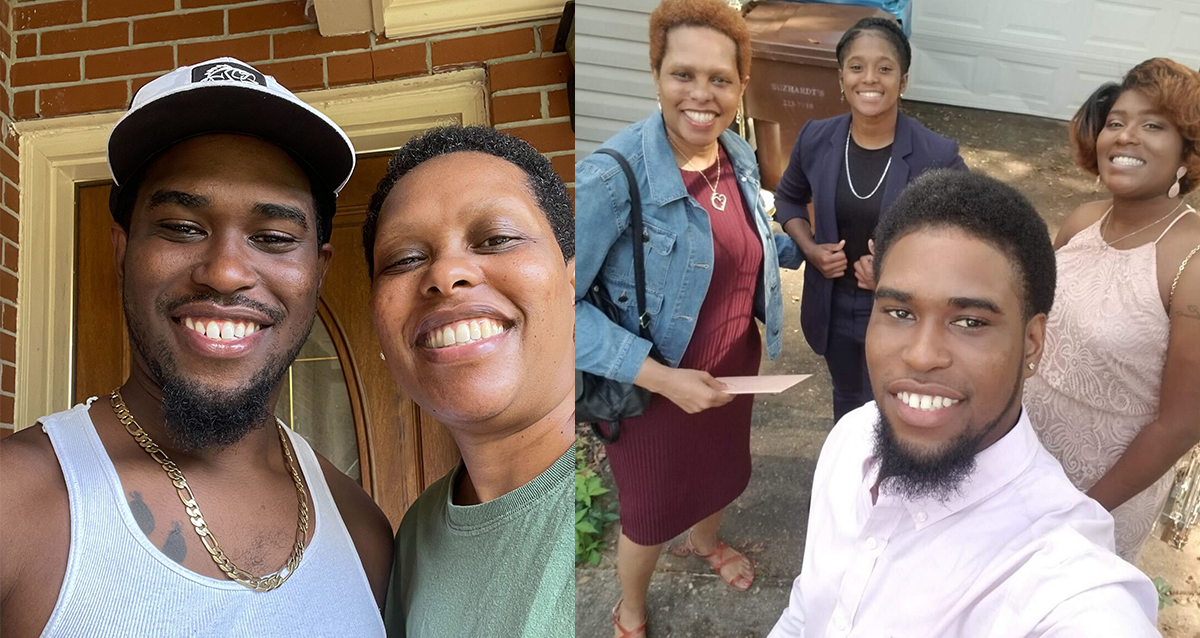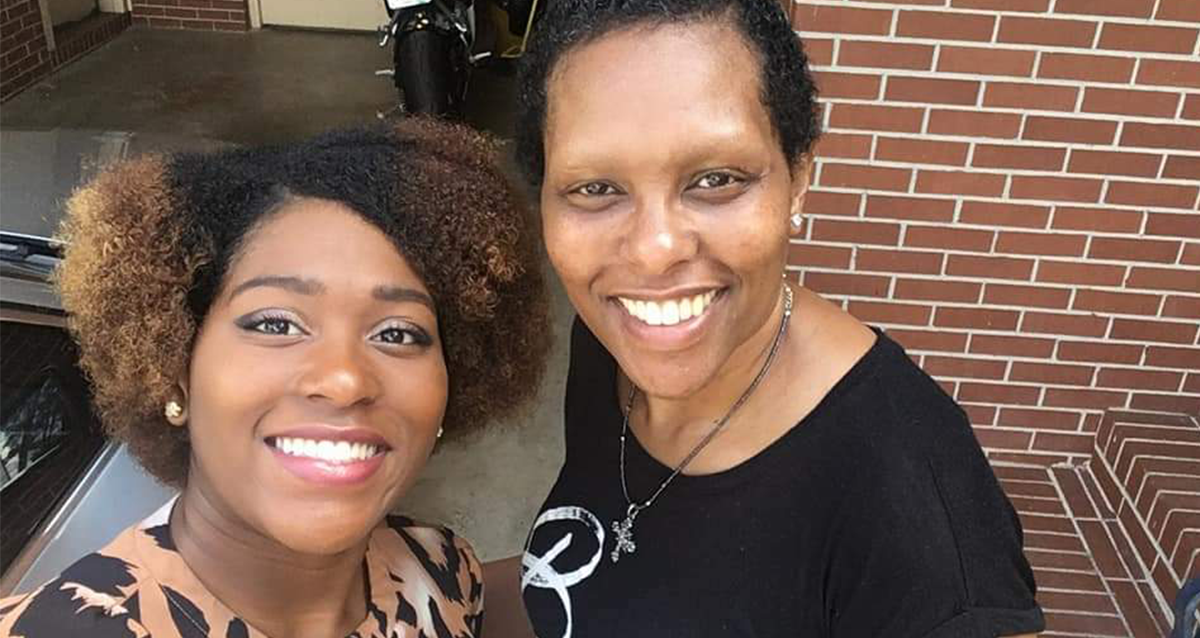


In 2016, Sheila M. was diagnosed with stage 2B invasive ductal carcinoma (IDC). At 41 years old and with no family history of breast cancer, Sheila found the news unimaginable. Her journey began when she noticed a lump in her right breast. A self-described “go-getter,” she wasted no time getting the nodule checked out, calling her gynecologist immediately to book an appointment. A series of tests confirmed the IDC diagnosis. In the months that followed, Sheila underwent lymph node removal, chemotherapy, mastectomy, radiation therapy and a second opinion as part of her treatment plan. Now, Sheila is devoting her energies to supporting other patients on their cancer journey by volunteering for Cancer Fighters®. Here, Sheila shares what she’s learned about the importance of screening, breast cancer treatment and survivorship.

